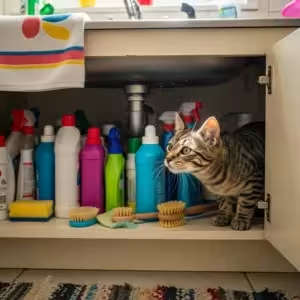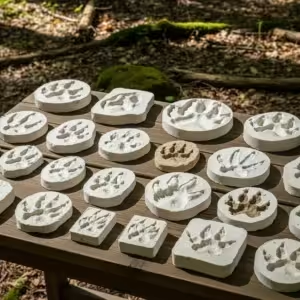You can do your bit for butterflies by ensuring that your garden is filled with things to help them survive.
Sun – Make sure there’s a sunny spot in your garden for butterflies to bask in.
Shelter from wind – Leaves, tall grasses and rocks help to protect butterflies from the elements.
Native plants – Avoid ridding your garden of wildflowers, which butterflies often depend on.
Puddling area – Natural salts found in puddles help to increase the fertility of male butterflies.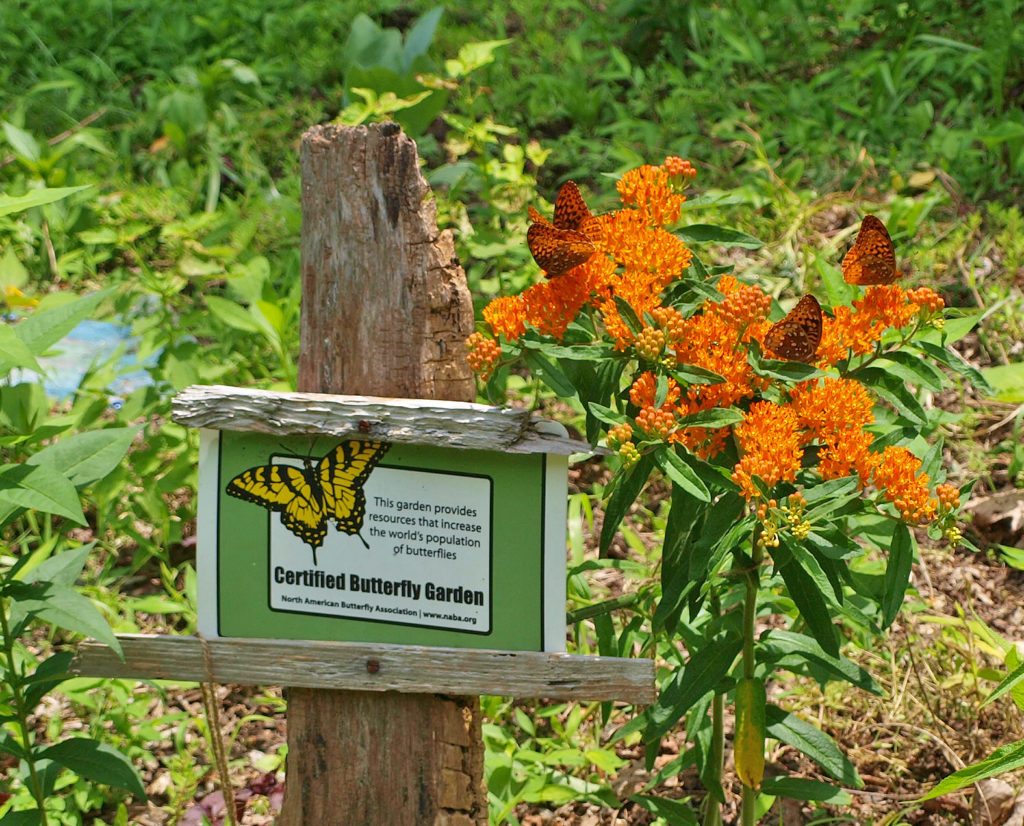
Blooms – Butterflies love nectar – plant plenty of blooming flowers for them to feed on.
Avoid insecticides – These controversial chemicals have had a devastating impact on butterfly populations.
Butterfly Conservation – This British charity is taking practical action to tackle the decline of butterflies, safeguarding important habitats and raising public awareness.
Why is it important to preserve Britain’s butterflies? – Five species of butterfly have become extinct in the UK in the last 150 years. Three quarters of our resident and regular migrant butterflies are declining. What makes this really bad news is the fact that butterflies are such an important part of our ecosystem. Butterflies are highly sensitive and respond quickly to change which means they are excellent indicators of environmental health. Their struggle to survive is an early warning to all wildlife, and one we shouldn’t ignore.

What are the biggest threats to butterflies? Agricultural intensification, loss of flower-rich grasslands and a lack of woodland management are the biggest causes of decline. Many species are now suffering from extreme habitat fragmentation which disrupts natural patterns of colonisation and gene flow between populations.
How has Butterfly Conservation helped? We run programmes for more than 100 threatened species and are involved in conserving hundreds of sites. We have an established record for reversing declines, with highly threatened species being brought back from the brink of extinction thanks to our conservation measures.



